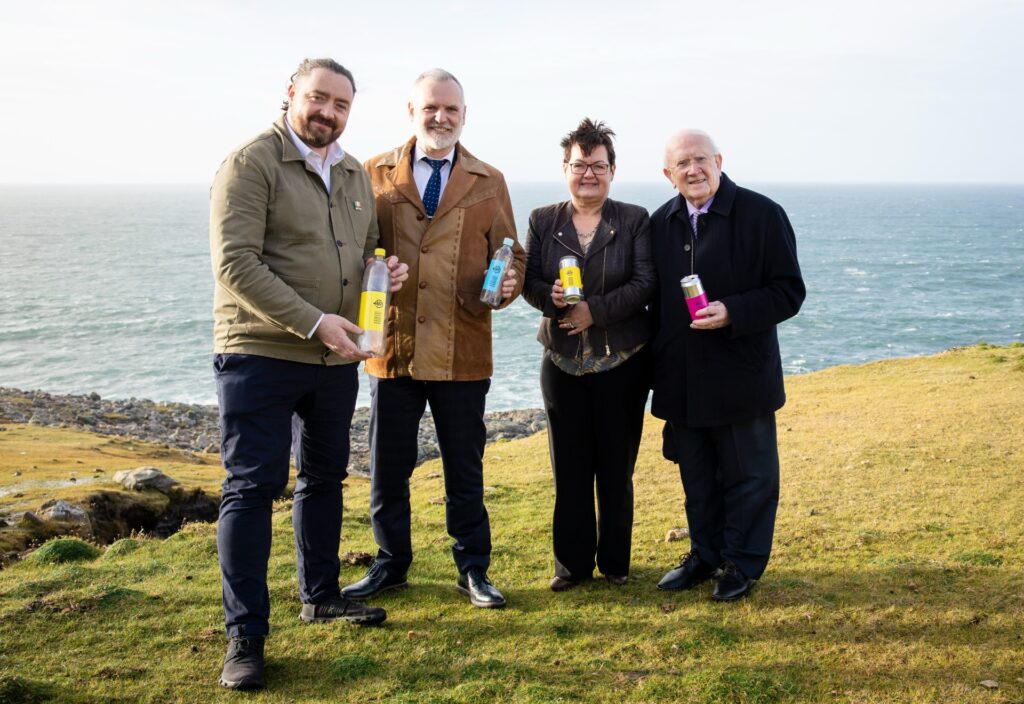Released today (2 April 2025), the internal regulatory review was announced last October in an effort to establish whether the regulatory landscape inherited by the current government is fit for purpose.
While Corry concluded that major institutional change is not necessary at this stage, he noted that there were several areas where environmental regulation needs a “more dynamic, streamlined” approach.
This included inconsistencies in Defra’s approach to licensing, permitting, monitoring, enforcement and sanctions.
Corry called for a fair and consistent “thin green line” which would give “trusted partners” more autonomy.
If pursued, the enforcement review would consider legislative changes to incur tougher penalties for deliberate non-compliance and persistent offenders.
The review identified that waste crime, including illegal dumping, waste sites and misdescription of waste, causes significant cost to the economy.
Corry recommended that regulators such as the Environment Agency (EA) should be able to avoid the court system in order to issue fines for minor offences, including certain types of waste crime.
He said: “Any system of regulation requires public trust. At present, the complexity of the regulations contributes to failures in delivery and to gaining and retaining the public’s trust.”
Notably, the review has also called for the creation of a single, lead regulator for major infrastructure projects to speed up processes.
Corry also called for updates to the Environmental Permitting (England and Wales) Regulations 2016 to allow regulators to make more “sensible, risk-based decisions” on which activities should be exempt from environmental permits.
Environment secretary Steve Reed said: “Nature and the economy have both been in decline for too long. That changes today.
“As part of the Plan for Change, I am rewiring Defra and its arms-length bodies to boost economic growth and unleash an era of building while also supporting nature to recover.
“Dan Corry’s essential report gives us a strong set of common-sense recommendations for better regulation that will get Britain building.”

Corry added: “Our current system for environmental regulation lets down both nature and growth; we must focus on good outcomes and nature enhancement, not on rigidly preserving everything at any cost.
“This review clearly shows that simply scrapping regulations isn’t the answer – instead, we need modern, streamlined regulation that is easier for everyone to use.
“While short-term trade-offs may be needed, these reforms will ultimately deliver a win-win for both nature and economic growth in the longer run.”
Corry was the director of policy for Number 10 under former prime minister Gordon Brown from 2007 to 2008 and senior adviser on the economy to the prime minister from 2008 until 2010. He was the chief executive of the think tank New Philanthropy Capital until October 2024.
EA overly focused on legitimate operators
Head of regulation at the Environmental Services Association (ESA) Sam Corp said: “As Dan Corry said in his foreword, the current system of environmental regulation is not working as it should, largely due to resource constraints and a lack of consistent political direction over the past decade.
“The ESA had the opportunity to feed into the Corry Review and we are delighted that many of our key recommendations have been reflected in the final report. The review recognised the vital role that an efficient environmental permitting service will play in helping to deliver the government’s growth, net zero and circular economy agendas.
“It recommends an acceleration of reform to environmental permitting regulations so that regulators are provided more flexibility to take sensible, risk-based decisions to help speed up the permitting process. The review also highlights the importance of consistent monitoring and enforcement for stamping down on waste crime and persistent non-compliance, which undermines the legitimate sector, and highlights a point ESA made in our submission, which is that that most of the EA’s attention is focused on legitimate operators, with fewer resources available to tackle poor practice and blatant criminality– the very activities likely to be causing the most environmental harm and damaging legitimate operators.
“We’re also pleased the report recognise the importance of digital transformation, particularly in speeding up the permit application process, and that the EA will have to adopt more flexibility around salaries if it wants to attract and retain the right people needed to fight waste crime and support legitimate industry.”









Subscribe for free